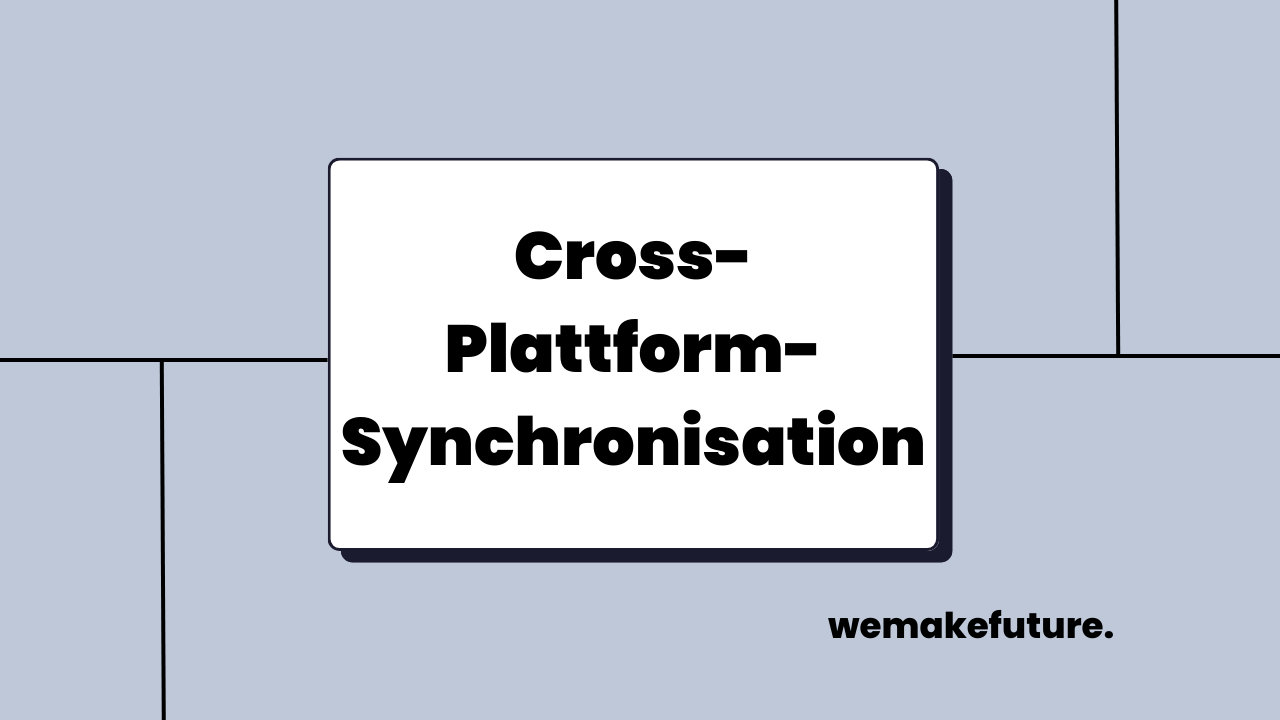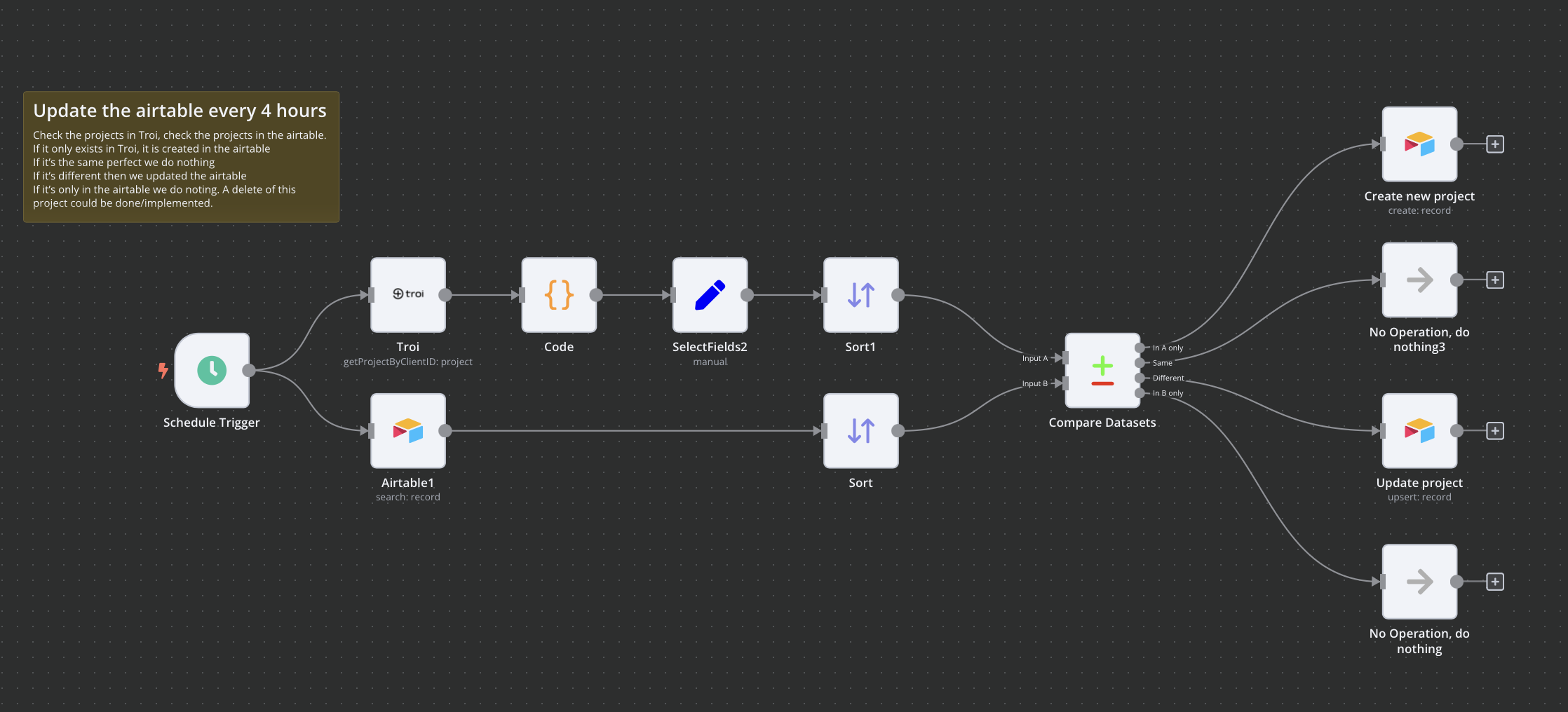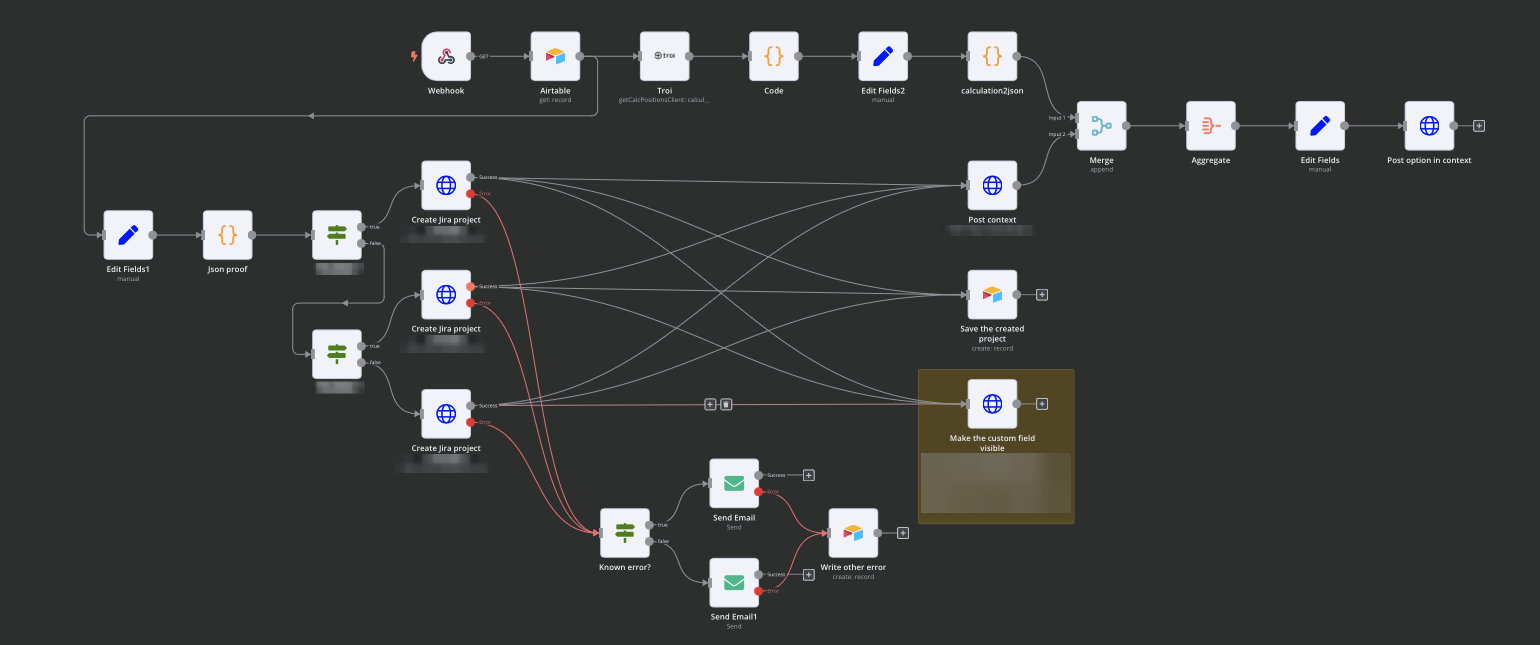Finance
Cross-Platform Synchronization
We worked with an industrial design company to solve compatibility issues between an ERP and a project management platform and ensure that projects and time entries were synchronized quickly and easily.
We worked with an industrial design company to solve compatibility issues between an ERP and a project management platform and ensure that projects and time entries were synchronized quickly and easily.
The rich text element allows you to create and format headings, paragraphs, blockquotes, images, and video all in one place instead of having to add and format them individually. Just double-click and easily create content.
A rich text element can be used with static or dynamic content. For static content, just drop it into any page and begin editing. For dynamic content, add a rich text field to any collection and then connect a rich text element to that field in the settings panel. Voila!
Headings, paragraphs, blockquotes, figures, images, and figure captions can all be styled after a class is added to the rich text element using the "When inside of" nested selector system.


A rich text element can be used with static or dynamic content. For static content, just drop it into any page and begin editing. For dynamic content, add a rich text field to any collection and then connect a rich text element to that field in the settings panel. Voila!
Headings, paragraphs, blockquotes, figures, images, and figure captions can all be styled after a class is added to the rich text element using the "When inside of" nested selector system.

A company that specialized in UX, interface, and industrial design was faced with the problem of managing projects, time recording, and invoicing across various systems and plugins, which led to inefficiencies in workflows. Specifically, the customer used Troy, an ERP system for invoicing, Jira for project management and tempo, a plugin for time tracking in Jira. However, since these tools couldn't communicate effectively with each other, the company turned to us for an automated solution.
The customer's goal was to:
Our biggest challenge was to identify incompatibilities between Troy and Jira because their project management schemes were not coordinated, making direct synchronization impossible. This required the development of automated workflows that bridge these incompatible systems. The automation platform N8n road With its open-source nature, it gave us an excellent tool to build custom nodes that helped connect the platforms. In addition, we used Airtable as a reconciliation table and control center to trigger and monitor automations.

The first task was to synchronize the calculation items from Troi to Jira. To overcome the structural incompatibilities of the platforms, we introduced Airtable as an intermediate step. As a result, the data from both platforms could be effectively compared and synchronized.
We used n8n to create a custom workflow that regularly checked and compared the projects in Troi with those in Airtable. New calculation items in Troi were automatically added as entries in Airtable, while existing projects were updated accordingly.

This solution gave the customer complete control, as Airtable offered an intuitive user interface with buttons that allowed the customer to manually trigger the synchronization of specific projects when needed. Given the customer's large volume of projects, this feature ensured that they could selectively choose which projects to sync based on priority. It also included a field that allowed the customer to select from a list of project templates for new entries in Jira, adding another level of customization to the process.
As soon as an issue was successfully created in Jira, the required project data was automatically saved in both platforms as a reference. This was also necessary to ensure that the time recording data could later be compared and synchronized with the correct Troi calculation position.

The workflow also proactively identified errors and logged them to Airtable, which sent automatic email notifications to the customer so they could fix the issues immediately. Old and outdated errors were automatically deleted to maintain a clean and efficient system.
The project also included synchronizing the time entries recorded at Tempo with the calculation items in Troi for accurate invoicing. With the help of n8n, we developed an automated workflow that regularly retrieved all time entries from Tempo together with the corresponding Jira issue. Here, too, Airtable was used as an intermediate reconciliation table to facilitate data reconciliation between Tempo, Jira and Troi.
The workflow began with checking whether the Jira project was originally linked to a calculation item in Troi. It was also checked whether time entries already existed and whether these had already been invoiced. If not, the corresponding Troi project was retrieved via Airtable and an invoice entry was automatically created in Troi.
Due to the large volume of time entries to be processed, the n8n automation tool once again proved to be extremely valuable. Its ability to efficiently process huge amounts of data while remaining cost-effective made it an ideal choice for the task compared to alternative tools that lacked scalability.
At the end of the project, we were able to deliver a robust, scalable and cost-effective solution that would provide the customer with seamless synchronization between Troy, Jira and tempo enabled. The combination of N8n road for automation and user-defined nodes, and Airtable As an intermediate stage, resolved the incompatibilities between platforms, which allowed the customer to focus on their core work instead of managing isolated tools.
By bridging software gaps and integrating easy-to-use controls, the customer was able to manage their projects, time tracking, and invoicing faster and more accurately. This project shows how we were able to design and implement creative integrations for even the most complex system flows.
With our AI and automation solutions, we make your organization faster, more flexible and more powerful — and create measurable results along the entire supply chain.
Arrange a consultation now